Publications
Articles, publications, books, tools and multimedia features from the U.S. Institute of Peace provide the latest news, analysis, research findings, practitioner guides and reports, all related to the conflict zones and issues that are at the center of the Institute’s work to prevent and reduce violent conflict.
Question And Answer
Amid a Changing Global Order, NATO Looks East
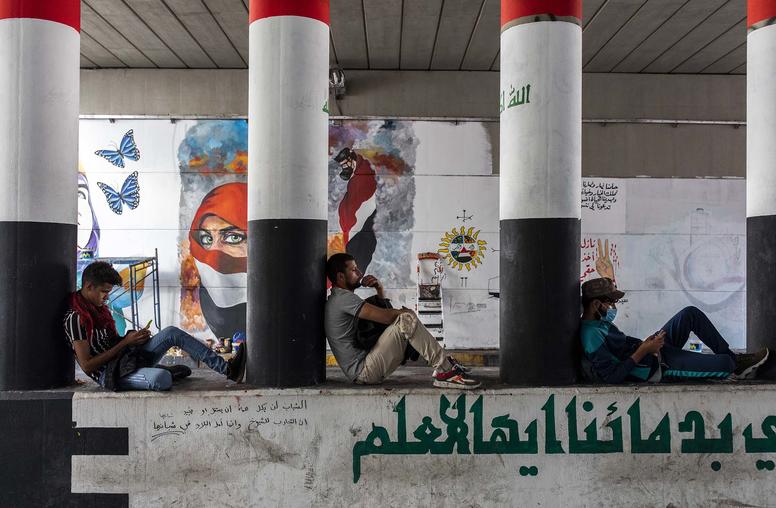
U.S., Iraqi Envoys Call for Continued Partnership 18 Years After Saddam’s Fall
Eighteen years after the overthrow of Saddam Hussein, Iraq is still in the midst of a rocky transition, beset by governance, economic, social and security challenges. With the Biden administration setting its sights on sweeping portfolio of domestic and foreign policy issues, some fear the United States will lose focus on Iraq. But in remarks on Tuesday, the top American diplomat in Baghdad vowed continued American engagement. Ahead of a pivotal year for Iraq, “The United States is resolute in its commitment to supporting [a] stable, sovereign, democratic and prosperous Iraq,” said U.S. Ambassador to Iraq Matthew Tueller.
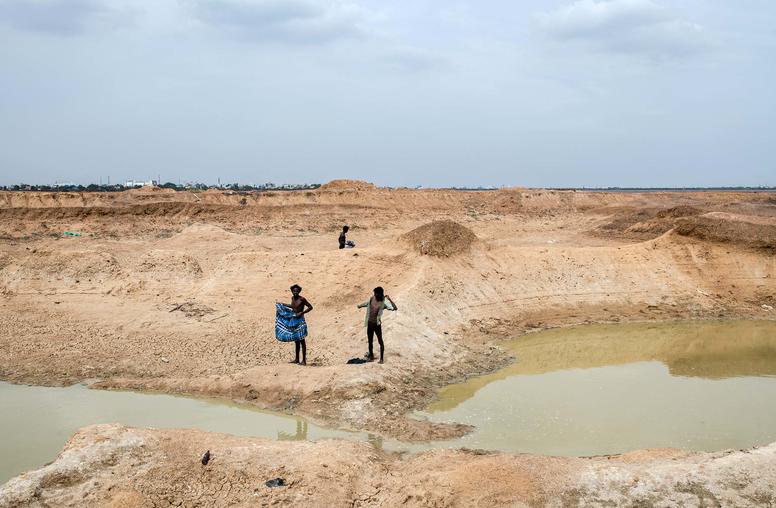
The Intertwined Futures of Climate Action, Fragility and Peacebuilding
Crises are often described narrowly; clearly differentiated by the aspect of society they impact, such as the economy or national security. But the COVID pandemic and looming climate crisis have shown that lines distinguishing one crisis from another aren’t as distinct as they may seem, and that underlying issues like COVID can impact a number of sectors simultaneously. Navigating the intersection of health, economic, governance and humanitarian issues has become the defining challenge of the pandemic response...
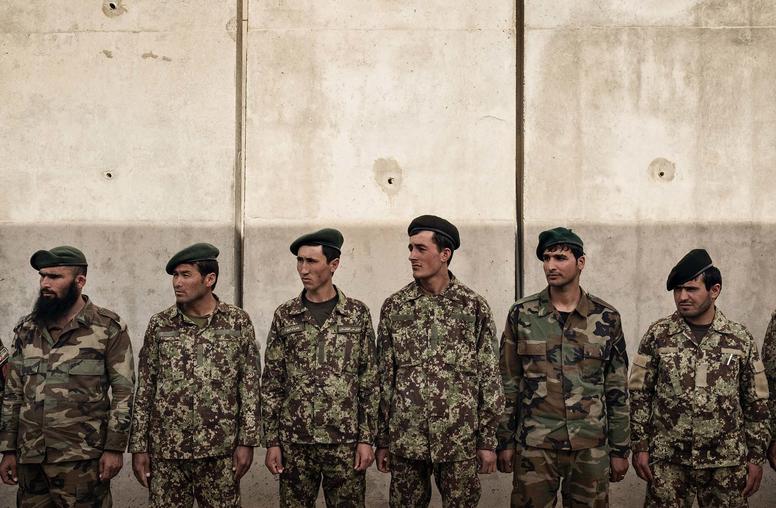
How Missing Data Can Make the Global Fragility Strategy Work
As glaring inequalities in the global recovery from COVID-19 become clearer, the U.N. has warned of growing risks of political tensions and conflict in many countries. This poses a daunting challenge to U.S. foreign policy and presents a test for the new Global Fragility Strategy (GFS), which aims to reduce state fragility and break cycles of violence in critical regions. What the GFS lacks, however, is a clear “theory of success” that explains why and how proposed actions will lead to desired outcomes in fragile states. A new capacity-based approach is needed to identify fragile states with high potential for effective engagement, particularly security sector reform (SSR).
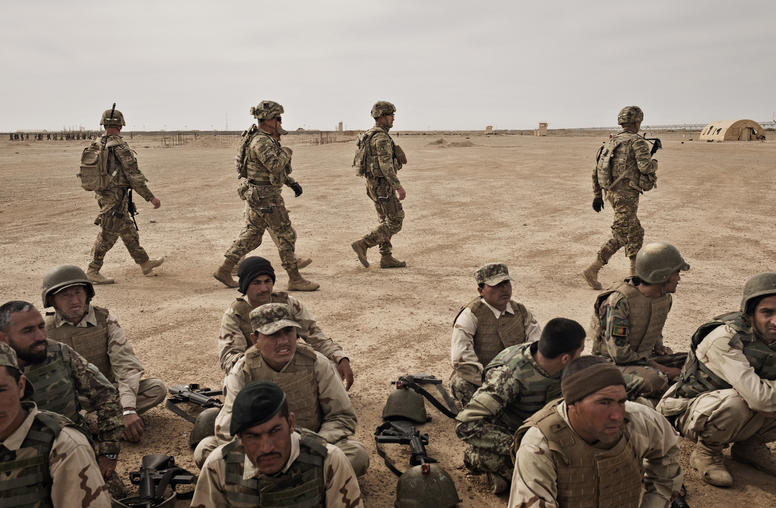
11 Things to Know: Afghanistan on the Eve of Withdrawal
U.S. and NATO troops are rapidly executing President Biden’s policy of a complete withdrawal of American troops and contactors supporting the Afghan National Defense and Security Forces (ANDSF) by a deadline of September 11. Based on the rate of progress, the last American soldier could depart before the end of July. The decision to withdraw without a cease-fire or a framework for a political agreement between the Taliban and the government caught Afghans and regional countries by surprise. The Taliban have capitalized on the moment to seize dozens of districts and project an air of confidence and victory.
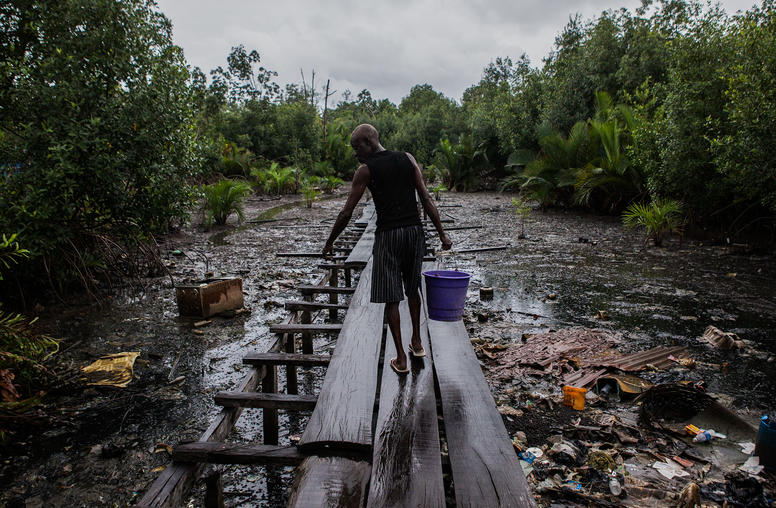
Can the World Go Green Without Destabilizing Oil-Pumping Nations?
Amid the dizzying acceleration of headlines and debate about the vital global transition to renewable energy, new research shows how that change could destabilize dozens of fragile states that depend heavily on oil exports. The new study underscores that governments and international institutions will need to guard against risks that the shift away from carbon-heavy fuels will inadvertently upset political balances and potentially ignite violent conflicts in a swath of nations from Venezuela to Nigeria to Iraq and beyond. Above all, the research suggests, the world must avoid an unplanned “traumatic decarbonization” of these economies.
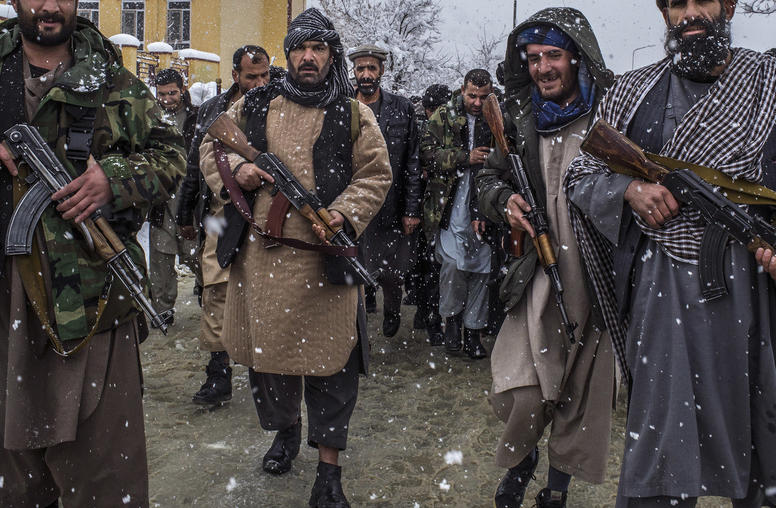
After Afghanistan Withdrawal: A Return to ‘Warlordism?’
As the United States withdraws from Afghanistan, Washington is considering options to ensure its intelligence-gathering and counterterrorism capabilities are maintained. Recent reporting suggests that United States is looking to use bases in Pakistan and in the former Soviet Republics in Central Asia — although without success so far. Washington is also mulling over engaging with Afghan warlords as part of this effort, a strategy it relied on in the 1980s and 90s and to a lesser extent over the last two decades. If history is any guide, this strategy will pose significant risks that could have deadly and destabilizing consequences for Afghanistan and the region.
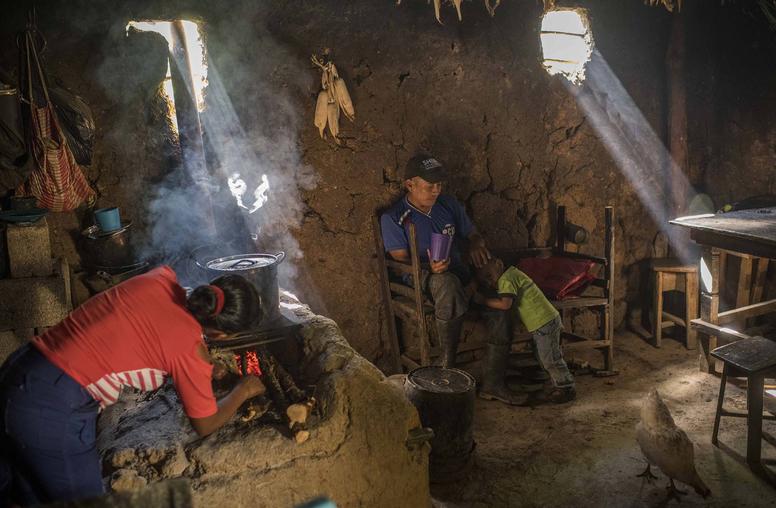
Climate change risks new violent conflict. How to respond?
As climate change amplifies weather disasters and destabilizes food and water supplies, recent research is confirming its effects on the global south: Our planet’s warming is weakening already fragile states, increasing the risk of violent conflicts and accelerating human displacement and migration. Like any global shock, it is putting poorer nations most at risk. The United States and the international community can counter these rising hazards by setting basic priorities in assistance programs. Among these are to target cities with a strategy that helps local populations adapt to climate change and manage conflicts nonviolently, and to strengthen regional organizations’ abilities to tackle fragility problems.
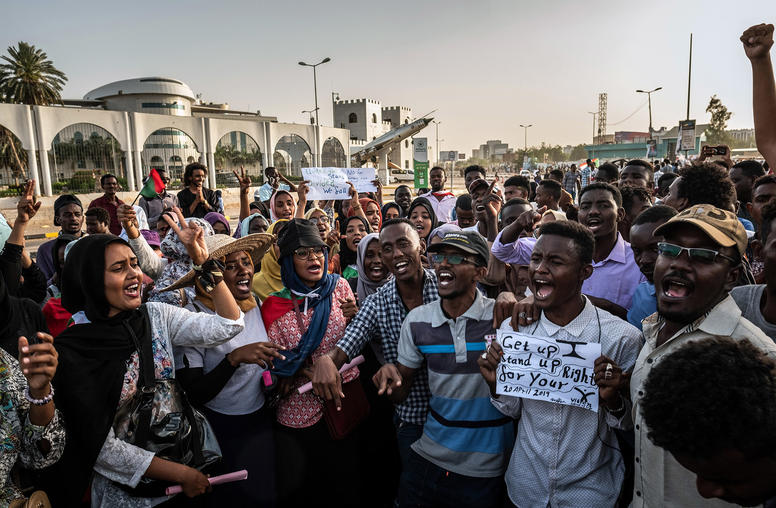
Five Key Considerations To Make the U.S. Global Fragility Strategy Work
Even as the public debate over the U.S. military withdrawal from Afghanistan continues, the State Department and USAID are quietly putting plans in place to test a new approach to con-flicts overseas. Drawing on the hard-earned lessons from Afghanistan and Iraq over the past two decades, this approach would have the United States rely far less on military power and far more on sustained — but much less costly — diplomacy and closely coordinated development investments. If fully implemented, consistent with the recently enacted Global Fragility Act, this new effort promises to help stabilize countries in their recovery from COVID-19 and the knock-on shocks to their economies.
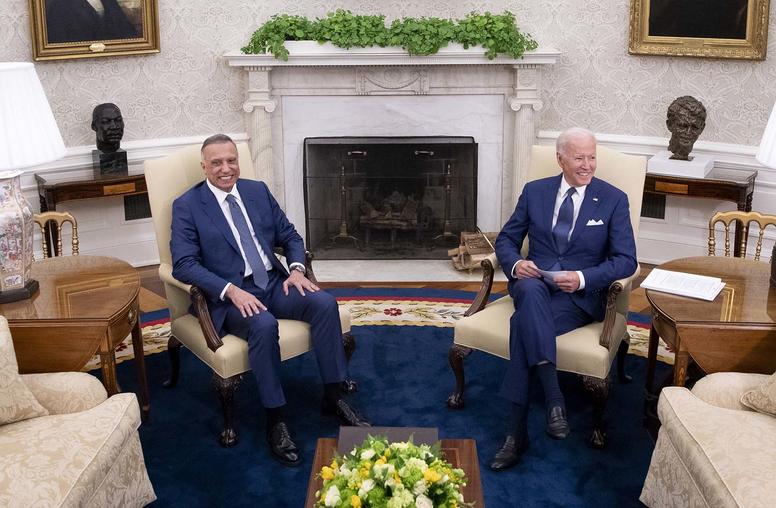
Beyond Security: The Quest for a Sustained, Strategic U.S.-Iraq Partnership
On Monday, President Joe Biden received Iraqi Prime Minister Mustafa al-Kadhimi at the Oval Office to strengthen bilateral relations and discuss matters of mutual interest, key among them being the future of U.S. troops in Iraq. Despite widespread thinking that Iraq and the Middle East do not rank high in the mix of the Biden administration’s priorities, there have been clear signals that Iraq remains important enough to the United States and that Kadhimi and his government are partners that the United States can work with and should support. While most of the media attention focused on the announcement of the change in U.S. force posture in Iraq, the key takeaway from this week’s meeting is that the United States and Iraq seek to maintain their strategic partnership — and build on it.
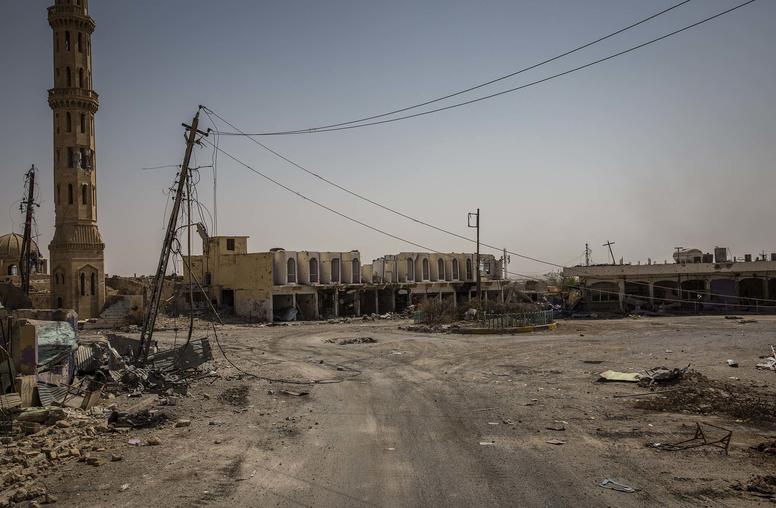
Four Years After ISIS, Iraq’s Tal Afar Remains Riven by Communal Divisions
Iraq is a country beset by a host of political, security, economic and social challenges, including addressing the human legacy of the Islamic State’s (ISIS) rampage through the country just a few years ago. Almost four years after the liberation of Nineveh’s Tal Afar district from ISIS control, feelings of marginalization, neglect and exclusion persist among communities in the region, epitomizing how such feelings have driven ethnic and sectarian tensions and conflict in post-2003 Iraq. Recognition of these sentiments and an understanding of the factors underpinning them, can help communities in the district allay these drivers of tension and move forward together.